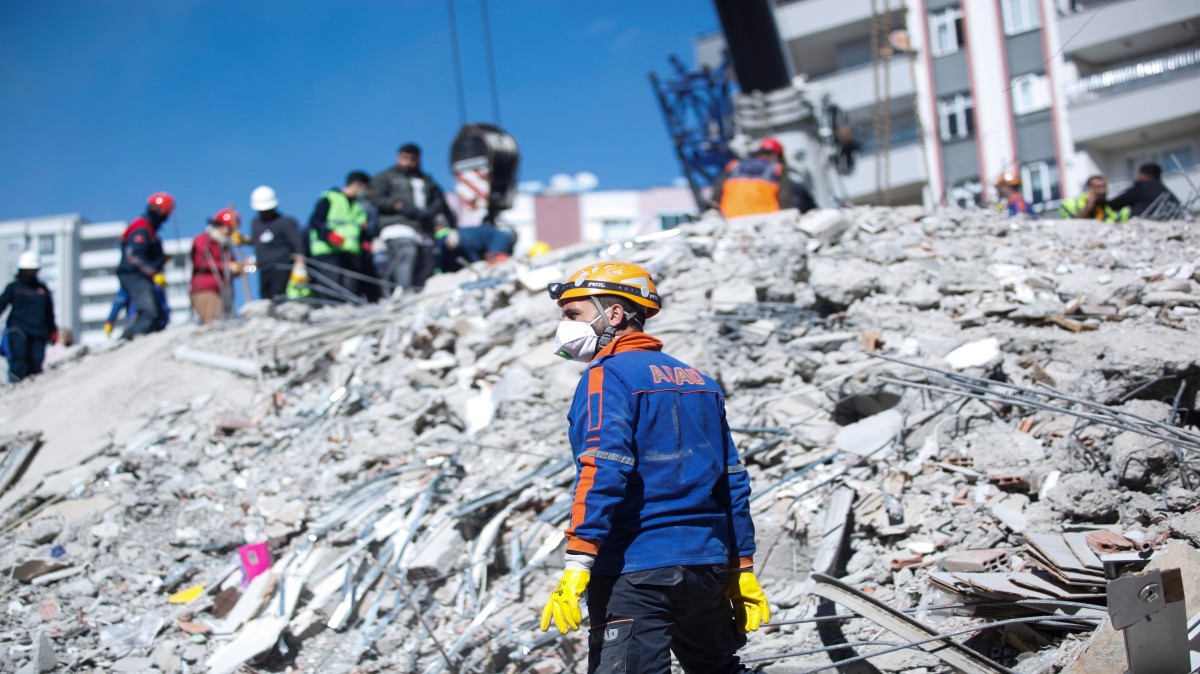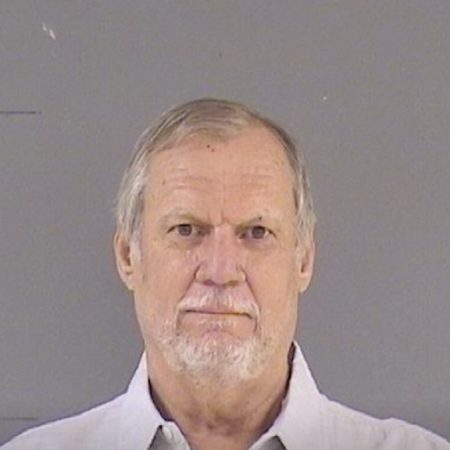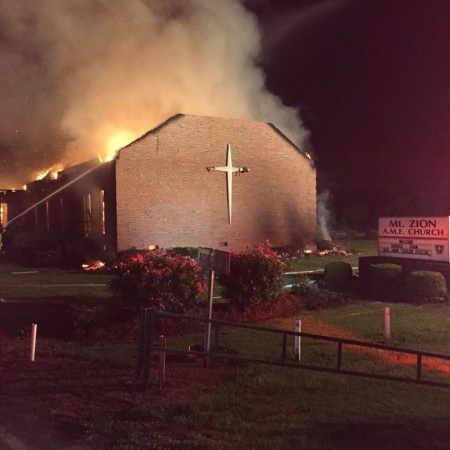Iraqi Prime Minister Says Victory Certain In Falluja Assault
By Ahmed Rasheed
 |
Iraqi Prime Minister Nuri al-Maliki speaks at a United States Institute of Peace (USIP) forum on Iraq’s transition in Washington October 31, 2013. REUTERS/Yuri Gripas |
BAGHDAD (Reuters) – Prime Minister Nuri al-Maliki vowed to eradicate al Qaeda in Iraq and predicted victory as his army prepared to launch a major assault against the Sunni Islamist militants who have taken over parts of the city of Falluja.
Fighters from the al Qaeda affiliated Islamic State of Iraq and the Levant (ISIL), which is also active across the border in Syria, overran police stations in Falluja and another city in Iraq’s western Anbar province last week.
The campaign by al Qaeda gunmen to form a radical Islamic state in parts of Iraq and Syria has rung alarm bells in Western capitals and provided further evidence that the Syrian civil war is exporting instability throughout the region.
In a televised address on Wednesday, Maliki also thanked the international community for its support in the fight against al Qaeda and urged the group’s members and supporters to surrender, promising clemency.
The prime minister spoke for the second time this week with U.S. Vice President Joe Biden, the White House said in a statement. Biden urged Maliki to keep working with local leaders and welcomed a decision to compensate tribal militiamen who may be wounded or killed in action against ISIL.
The United States said earlier this week it would fast-track deliveries of military hardware, including drones and missiles, to Iraq, but ruled out sending troops two years after Washington ended nearly a decade of occupation.
“The support … is giving us the confidence that we are moving on the right course and that the result will be clear and decisive: uprooting this corrupt organization,†Maliki said.
“We will continue this fight because we believe that al Qaeda and its allies represent evil.â€
The army deployed more tanks and artillery around Falluja on Tuesday as local leaders tried to persuade militants to leave in order to avert an impending offensive that has echoes of U.S. assaults on the same city in 2004.
HUMANITARIAN CRISIS
The United Nations described the humanitarian situation in Anbar as critical: “The situation in Falluja is particularly concerning, as existing stocks of food, water and life-saving medicines begin to run out,†U.N. envoy to Iraq Nikolay Mladenov said in a statement.
Nevertheless, community leaders in Falluja have asked residents who fled the city to return and go back to work, after forming a local administration and appointing a new police chief and mayor.
“I decided to return to Falluja because I believe there will be a peaceful solution,†said teacher Munim Abdul-Salam, three sons and a daughter in tow. “I spent three days with my family in a camp and it’s really humiliating. I prefer to be killed with my family inside Falluja than live as a refugee.â€
In an audio recording released late on Tuesday, ISIL spokesman Abu Mohammad al-Adnani urged Iraq’s Sunnis not to lay down their arms or compromise with the Shi’ite-led government.
It is unclear how many fighters ISIL has in Falluja, or how much support it might have from disgruntled tribes in the area, making it hard to predict the course of any attack by Iraqi troops.
In late 2004, more than 10,000 U.S. troops fought weeks of street battles with several thousand insurgents in the city, but ISIL appears to have much smaller forces and many may choose to slip away if faced with a full-on army assault.
“We don’t want this city to suffer and we will not use force, as long as the tribes announce their readiness to confront al Qaeda and expel it,†Maliki said.
MILITANT ISLAMISTS
During the Sunni insurgency that raged in Anbar following the U.S.-led invasion of Iraq in 2003, local tribes eventually rose up against al Qaeda and routed the group in what came to be known as the “Awakeningâ€.
But militant Islamists have been regaining ground over the past year in Anbar, with the stated aim of creating a Sunni religious state straddling the border into Syria’s rebel-held eastern desert provinces.
ISIL’s resurgence has divided Sunnis in Anbar, many of whom share the group’s hatred of the Shi’ite-led government, but deplore its violent tactics. Others sympathize with and support ISIL or are too fearful to stand against it.
Security forces backed by tribal fighters wrested back control over the provincial capital Ramadi on Monday, but fighting continued on the outskirts of the city on Wednesday, military sources said.
“Anbari tribes around Ramadi are still not allowing our forces to enter their areas … they are still not trusting Iraqi security forces,†said the official.
“It’s a dilemma for us to separate them from al Qaeda fighters and that’s exactly the reason why the mission in Ramadi has not been accomplished yetâ€.
Maliki described the group’s pledge to retake territory it lost to U.S. troops as a “dream of Satan†and said the militants were intent on derailing elections scheduled for April this year.
“They (al Qaeda) seek to totally cripple the political process and to hamper the rebuilding not only in Iraq but the entire region,†he said.
(Reporting by Ahmed Rasheed; Writing by Isabel Coles; Editing by Giles Elgood and Alastair Macdonald)
16-3















2014
810 views
views
0
comments